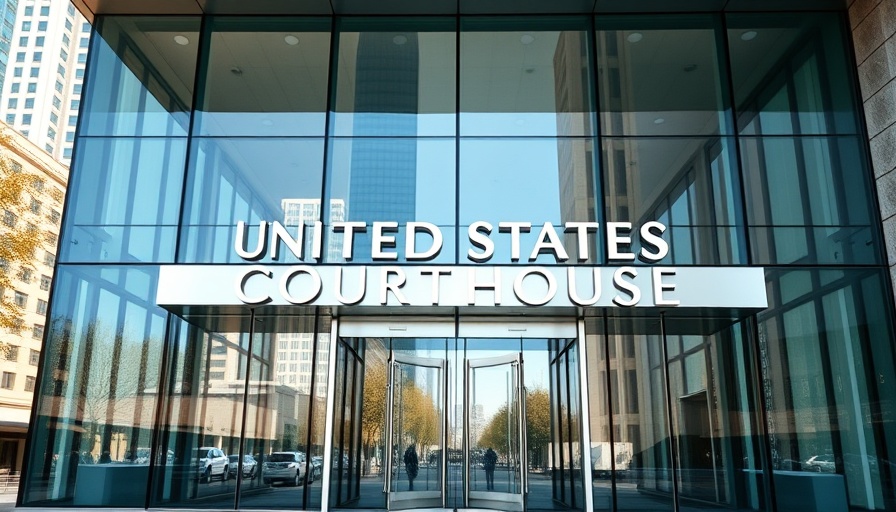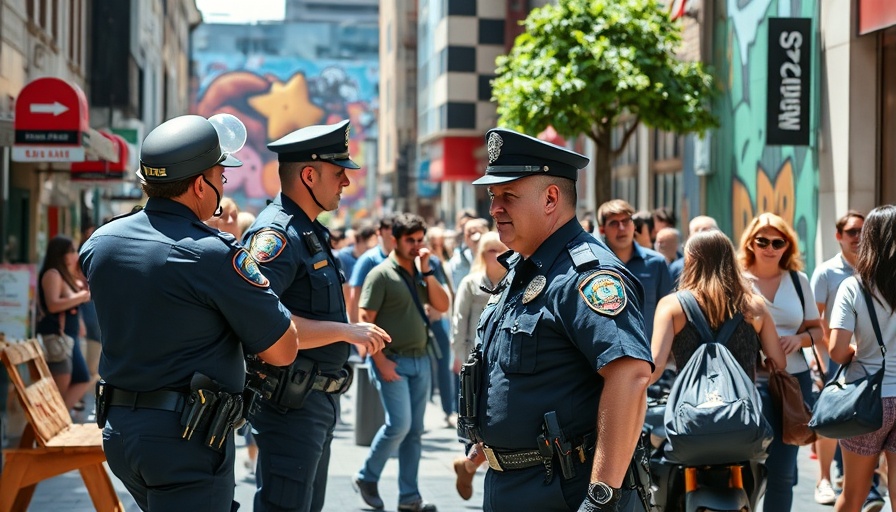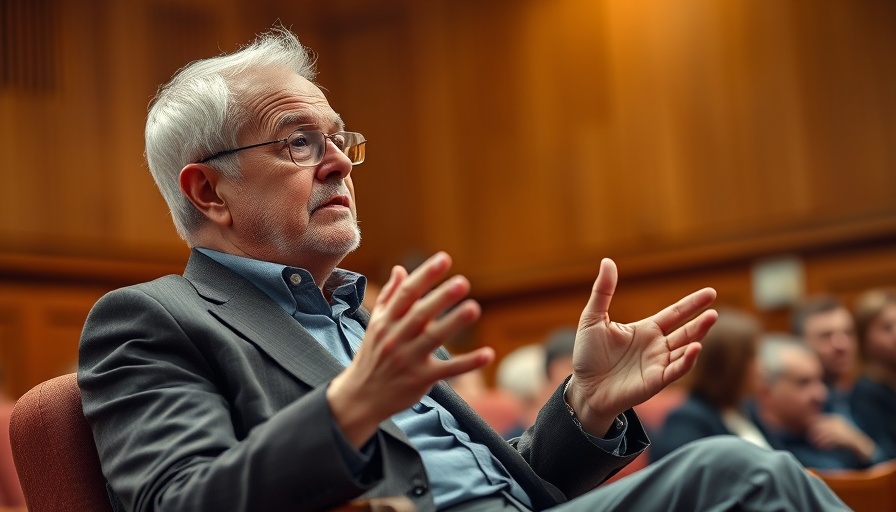
California Artists Stand United for AI Transparency
As artificial intelligence continues to weave itself into the fabric of our daily lives, the creative industry faces a significant challenge posed by generative AI. This technology utilizes extensive datasets built from existing creative works—images, text, and audio—to produce new content. However, many artists feel their creations are being exploited without consent or proper compensation. In a state renowned for its artistic talent, California's creatives are rallying in support of new legislation designed to bring accountability to generative AI companies.
The Growing Concern Over AI's Impact on Creativity
Tiana Oreglia, a concept artist based in San Francisco, expressed the sentiments of many when she remarked on the uncertainty surrounding the datasets utilized by generative AI. "There’s a lot of caginess about what’s in those datasets," she said, revealing a deep-seated anxiety among artists regarding how their work is incorporated into AI systems. This anxiety isn’t unwarranted; many professionals fear that their portfolios could be used without acknowledgment, potentially leading to job losses as AI systems replace human creativity.
Legislation Aimed at Protecting Artists
California lawmakers are stepping up to protect creative professionals through new regulations. Governor Gavin Newsom recently enacted a disclosure law requiring generative AI companies to acknowledge copyrighted material when training their models. The Concept Art Association, to which Oreglia belongs, has praised this measure as a critical step toward transparency in a landscape often deemed predatory. The association’s co-founder, Nicole Hendrix, articulated the feelings of violation many artists experience, stating, "You basically had your portfolio stolen and then used against you and replacing you."
The Potential Impact On Employment in California
The stakes are high—not just for individual artists, but for the entire entertainment industry. A report by CVL Economics predicts that by 2026, generative AI could disrupt approximately 62,000 jobs within California’s entertainment sector. Some positions may evaporate entirely, while others could become consolidated or reshaped due to AI efficiency. With such grim predictions, advocates stress the importance of strong legislation as a means to secure livelihoods in an industry in flux.
Complementary Legislation on the Horizon
To further bolster protections for creatives, Assemblywoman Rebecca Bauer-Kahan introduced a supplementary bill aimed at generative AI copyright transparency. This legislation would require AI companies to report how they utilize copyrighted materials, ensuring copyright owners are informed about the use of their work. This initiative has garnered the support of the Concept Art Association, further emphasizing the importance of comprehensive protection for artists.
California’s Unique Role in AI Policy Development
Given its position as a hub for both creative and tech industries, California is in a unique place to influence national AI policies. Jennifer King, a privacy and data policy fellow at the Stanford Institute for Human-Centered Artificial Intelligence, stated, "We’re going to see states taking a lot more action than the federal government on AI," highlighting the proactive approach California is taking in this ongoing battle to safeguard artistic integrity.
The Bigger Picture: Artist Rights and AI
The dialogue surrounding generative AI is not just about technology—it’s about the rights of artists in an increasingly automated world. As generative AI chips away at the foundations of creative work, the need for explicit guidelines and protections becomes even more urgent. With artists, lawmakers, and advocacy groups coming together, there’s hope that future policies will bring about a fair balance between technological advancement and the rights of creators.
Join the Conversation
The evolving landscape of generative AI presents challenges and opportunities for the creative industry. For artists, understanding their rights and the implications of AI technology is vital. Whether you're an artist, a creative professional, or simply someone interested in the intersection of technology and culture, it's crucial to engage with these developments. Follow ongoing debates, participate in community discussions, and advocate for policies that protect artistic expression.
 Add Row
Add Row  Add
Add 




 Add Row
Add Row  Add
Add 

Write A Comment